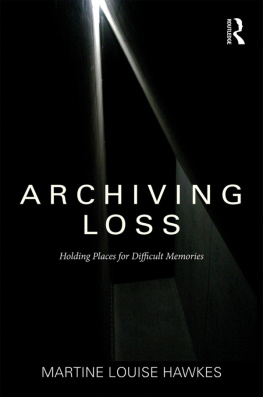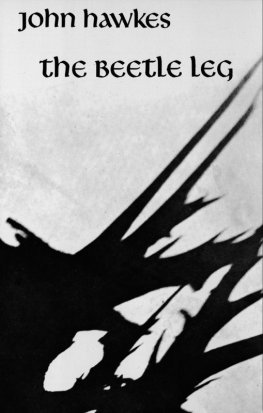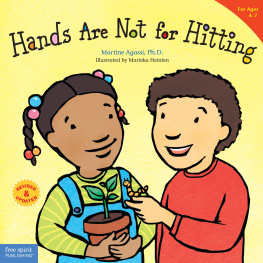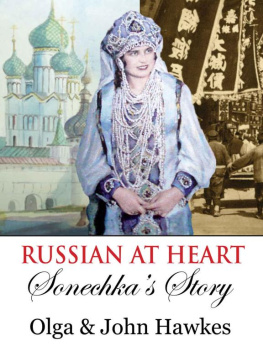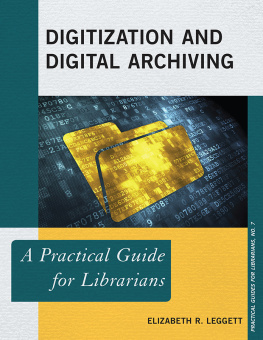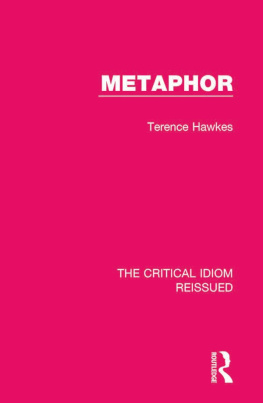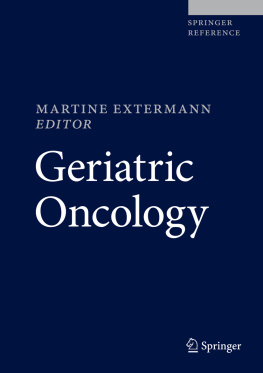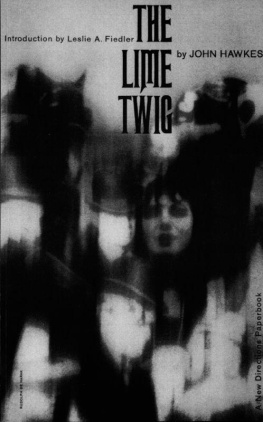p.i
Archiving Loss
Drawing together many stories from the archives of difficult events and volatile histories, Archiving Loss: Holding Places for Difficult Memories asks how we might cut and walk a path for memory, loss, and silence in the archive. The difficult events discussed in this book include state responses to refugees and events of genocide, alongside other less documented pockets of trauma, violence, and loss. This book describes the archives whose language and logic have shaped the ways we remember and respond to difficult events and the ways in which we expect memory and loss to be coherent, credible, and lead to clear conclusions. In asking what is missing and what is found in the archives of difficult events, this book argues for the necessity of looking more closely at other ways of remembering loss and archiving memory.
Martine Louise Hawkes , PhD, is a researcher based at the Alfred Deakin Institute for Citizenship and Globalisation at Deakin University and at the University of South Australia. Her research interests centre on the landscapes and places of memory, and social and personal constructions of memory after loss.
p.iv
First published 2018
by Routledge
2 Park Square, Milton Park, Abingdon, Oxon OX14 4RN
and by Routledge
711 Third Avenue, New York, NY 10017
Routledge is an imprint of the Taylor & Francis Group, an informa business
2018 Martine Louise Hawkes
The right of Martine Louise Hawkes to be identified as author of this work has been asserted by her in accordance with sections 77 and 78 of the Copyright, Designs and Patents Act 1988.
All rights reserved. No part of this book may be reprinted or reproduced or utilised in any form or by any electronic, mechanical, or other means, now known or hereafter invented, including photocopying and recording, or in any information storage or retrieval system, without permission in writing from the publishers.
Trademark notice : Product or corporate names may be trademarks or registered trademarks, and are used only for identification and explanation without intent to infringe.
British Library Cataloguing-in-Publication Data
A catalogue record for this book is available from the British Library
Library of Congress Cataloging-in-Publication Data
A catalog record has been requested for this book
ISBN: 978-1-4724-4992-4 (hbk)
ISBN: 978-1-315-59300-5 (ebk)
Typeset in Times New Roman
by Swales & Willis Ltd, Exeter, Devon, UK
p.xi
With much love and thanks to: Geraldine Hawkes, Paul Hawkes, Sergei Stabile, Adrian Hawkes, Delia Colace, and Marie Colace Hawkes. This book is for my grandmothers, Catherine Patton and Antoinette Hawkes.
A million thanks to Shannon Woodcock for her comments on drafts of this book, and for her friendship, conversations, and coffee over the years. Thank you also to Linda Marie Walker and Dino Murtic, who read and gave much appreciated guidance on earlier drafts of this book. I would like to give special thanks to Vicki Crowley as a dear friend and a teacher.
Huge thanks and appreciation to those who kindly shared their time in Bosnia and Herzegovina: Hariz Grahi, Nerma Jelai of the Balkan Investigative and Reporting Network, Maja Marjanovi of the Dayton Project, and ozo Almir from the Research and Documentation Centre. Thanks to ene u Crnom , Serbia, for the instrumental conversations we had in Belgrade; special thanks for this to Rachel Long, Jasmina Stevanovi, Emina krijelj, and Milo Uroevi. Thanks also to the many people with whom I shared conversations in the Highlands and Islands of Scotland, and to Davie Newton of the Knoydart Foundation in particular.
Heartfelt thanks also to Aida ehovi for our conversations via email over the years, and for the ways in which she carefully marks absence and loss.
During the research for this book, I spent three months as a researcher in residence at the Prague Office of the Organization for Security and Co-operation in Europe (OSCE). During this time, I was fortunate to work with Alice Nmcov, Senior Assistant for Documentation and Information and Research Coordinator, and Chris Hall, Archivist. The information I had access to during this residency was invaluable, but more invaluable was the privilege of learning from Ms Nmcov.
The research presented in this book has benefited from feedback from colleagues during my PhD studies at the University of South Australia and Postdoctoral Research Fellowship at the Swinburne Institute for Social Research. I am also especially grateful for feedback received following the presentation of aspects of this work at the Counting and Accounting for Border-Related Deaths in Australia forum held at the Monash University Law Chambers; the Historical Justice and Memory Conference at Swinburne University; the Contained Memory Conference in New Zealand; the Untold Stories: Hidden Histories of War Crimes Trials conference at the University of Melbourne; the In Derridas Wake symposium at La Trobe University; and the Flexible GendersTransgressive Bodies conference at the Humboldt-Universitt zu Berlin.
p.xii
Some of the material has been previously published:
Parts of appeared in my 2014 Exhibiting loss and salvaging the everyday: photography, objects, and the missing. Cultural Studies Review Cultural Studies Review 20, no. 2: 5779.
Parts of appeared in my 2012 Containing testimony: archiving loss after genocide. Continuum: Journal of Media & Cultural Studies 26, no. 6: 935945.
Thanks are due to the editors of the above journals for their kind permission to reproduce the material here. Special thanks also to the anonymous referees of these journals and of this publicationin particular to Andrew Craddock for his much appreciated editingwhose suggestions have guided my thinking.
p.1
Preface
The morning the man said goodbye to us was already hot, with flies landing on our backs. The compound that we met him in was grassy but stark, and empty with corrugated steel housing running along the high perimeter fence that enclosed the compound. There was an electronically controlled gate, operated remotely by security guards, leading in and out.
Its the early 2000s, and my work involves visiting the Immigration Detention Centres in the far north of South Australia. These Centres, then located all around Australia, were the places where people who had come to Australia by boat (Irregular Maritime Arrivals) as refugees were locked away while their refugee applications were considered. This process could take years. If they were found to be refugees, they were granted a Temporary Protection Visa, which afforded no family reunification rights, with residency in Australia only given on a temporary basis. This policy was intended to deter other boat arrivals. Most people in the Detention Centres in the early 2000s were from Afghanistan, Iraq, and Iranrefugees from genocide, terrorism, and invasion. Refugees who had little option but to escape and seek refuge in this way.
On that hot morning, the man that I was visitingin a Detention Centre some three hours drive from the nearest capital citywas a refugee from Afghanistan. He had been waiting for a decision on his refugee claim for over two years and was the detainee representative for his compound. He was the only one up and about that morning.


